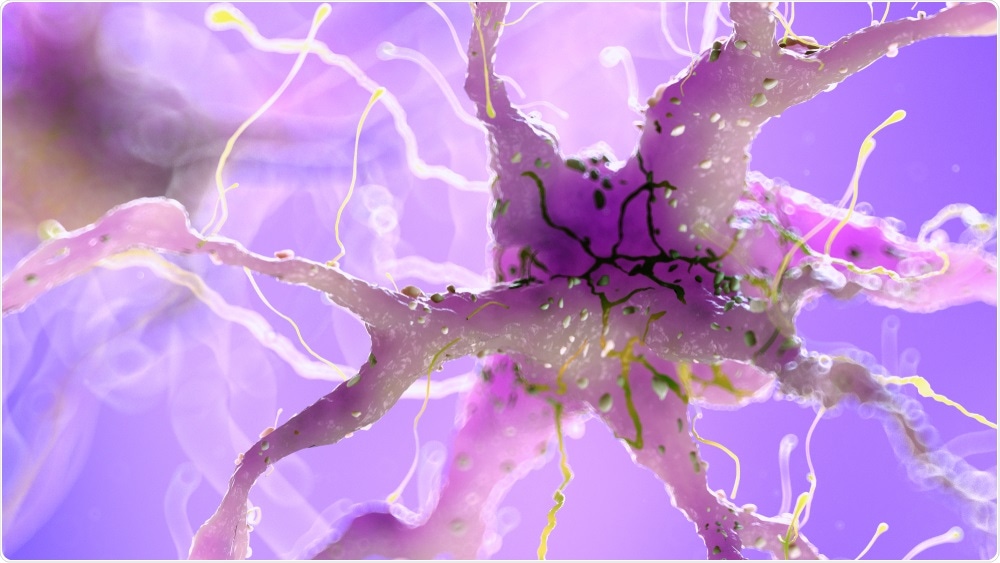The application of positron emission tomography (PET) for amyloid plaques could aid clinical decision making for patients with dementia or mild cognitive impairment (MCI), according to a study recently published in JAMA.
 Sebastian Kaulitzki | Shutterstock
Sebastian Kaulitzki | Shutterstock
Professor Gil Rabiovici (Department of Neurology, University of California) and colleagues found that among individuals with MCI or dementia, amyloid PET scanning was associated with changes in clinical management within ninety days.
The study was conducted following a decision made in 2013 by the US Center for Medicare & Medicaid Services that current evidence was insufficient to justify the coverage of PET scanning in the routine clinical care of patients with MCI or dementia.
However, the center also adhered to a policy of “Coverage with Evidence Development” among Medicare beneficiaries who meet the “Appropriate Use Criteria” for amyloid PET.
Given that no disease-modifying treatments for cognitive impairment and dementia are currently available, the only way to assess patient outcomes in this population is to look at data relating to treatment decisions, counseling, and diagnosis.
The Imaging Dementia—Evidence for Amyloid Scanning (IDEAS) study was an observational, longitudinal cohort study that included 11,409 Medicare beneficiaries (aged an average of 75 years) with dementia or MCI of unknown cause who were enrolled at 343 imaging centers in the US between February 2016 and September 2017.
Ninety days after participants underwent amyloid PET scans, patient management changed compared with pre-PET visits in 60.2% of MCI patients and 63.5% of dementia patients, as assessed by a composite outcome that included drug therapy and counseling about safety and future planning.
In addition, the etiologic diagnosis changed from Alzheimer disease to non-Alzheimer disease in 25.1% of cases and from non-Alzheimer disease to Alzheimer disease in 10.5% of cases.
The authors note that the observational design of the study limits the attributing changes in patient management to the PET imaging results.
Further research is therefore needed “to determine whether amyloid PET is associated with improved clinical outcomes,” concludes the team.